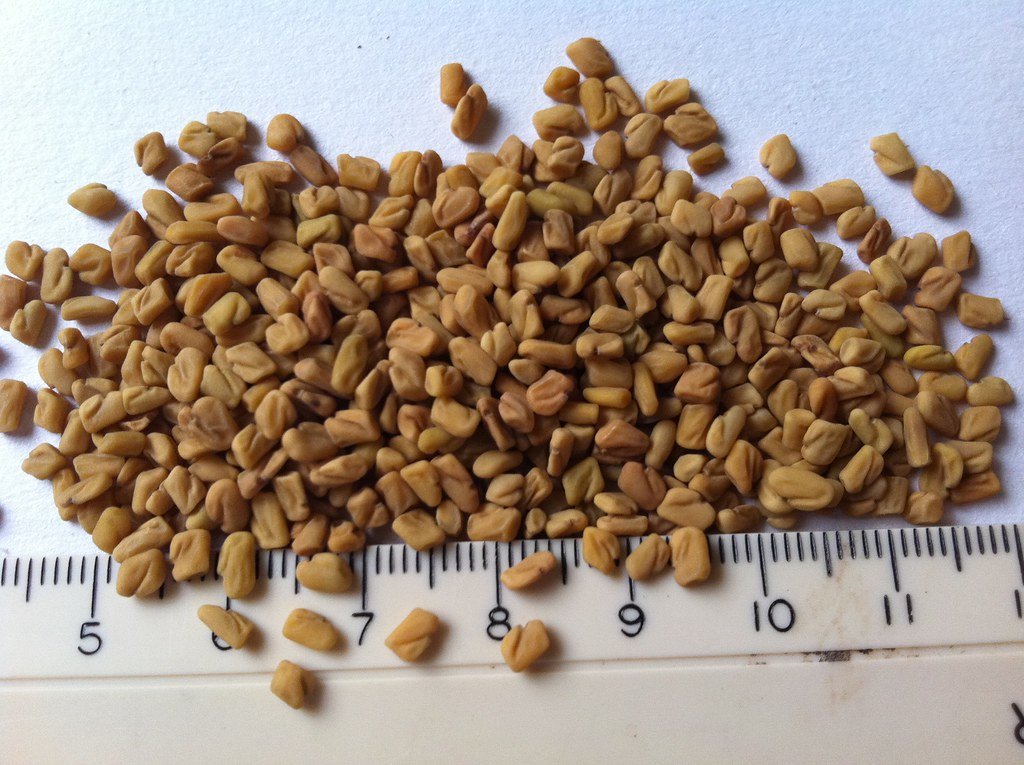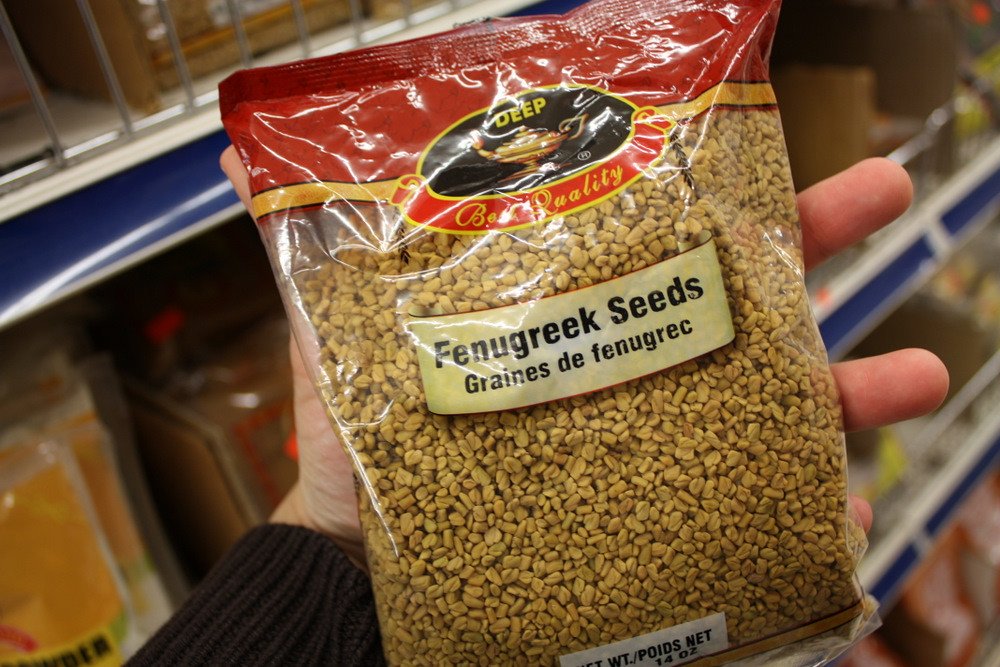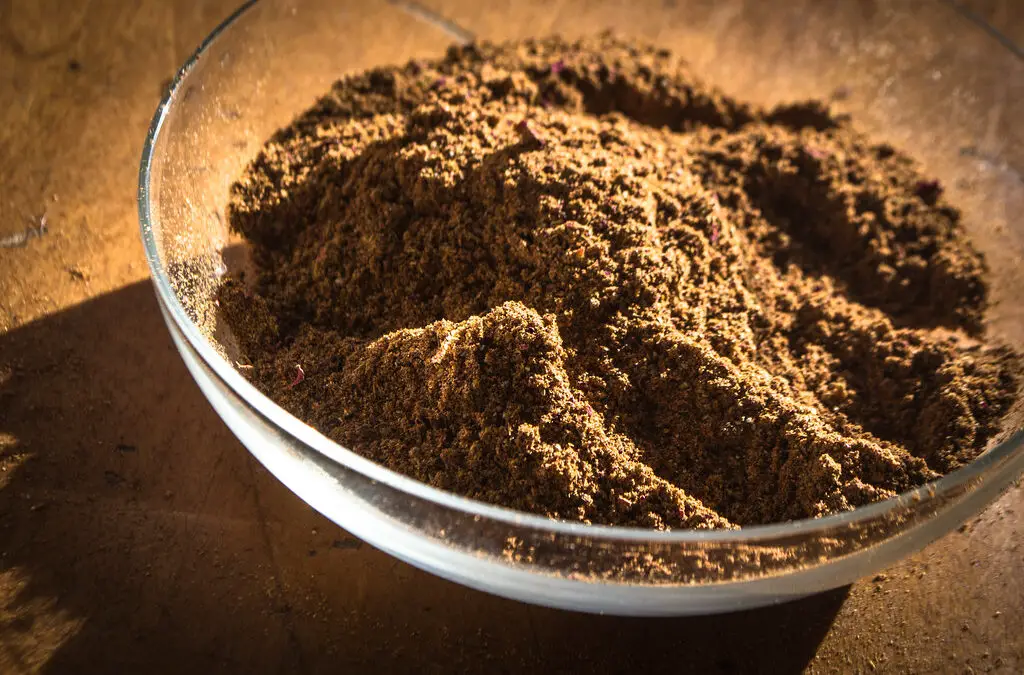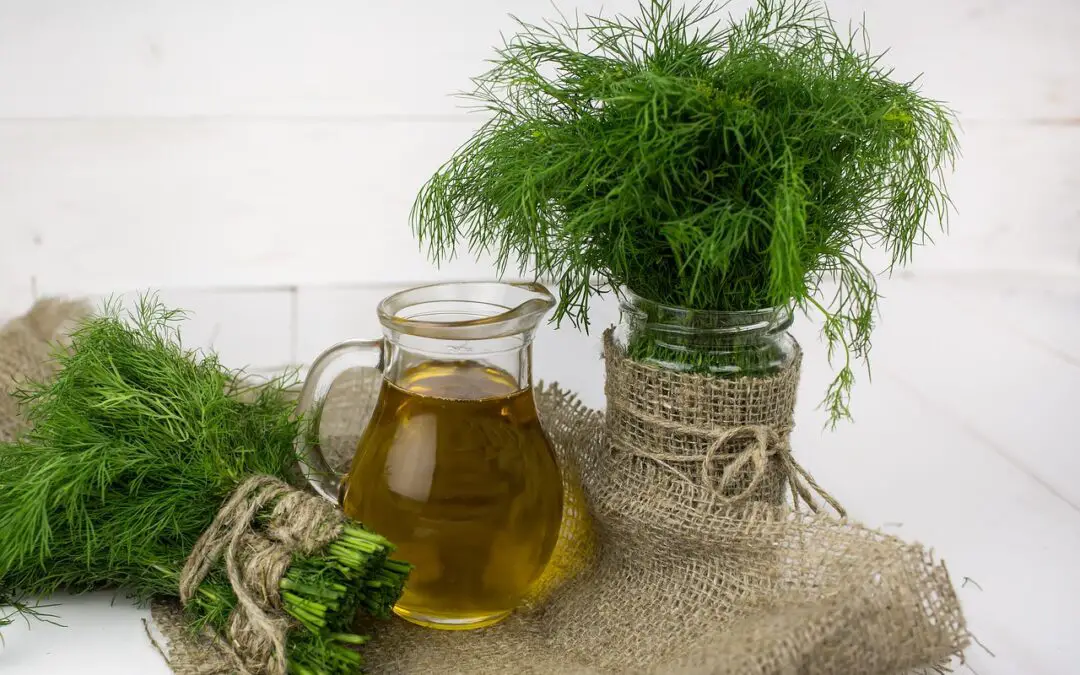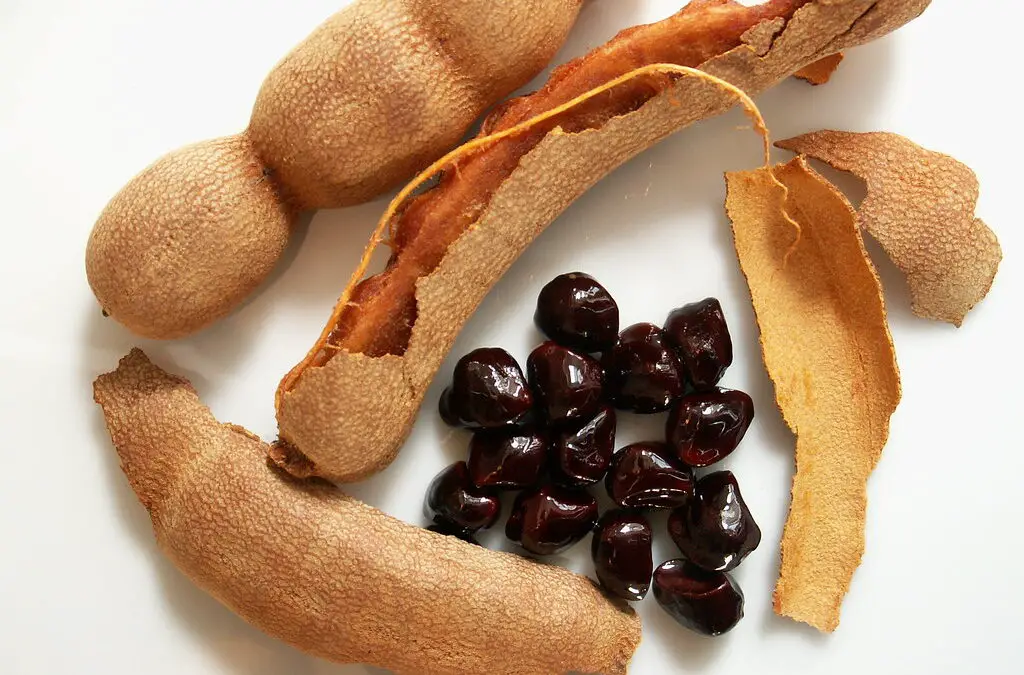Fenugreek spice is a popular ingredient in Middle Eastern cuisine. This spice has a unique flavor that is both sweet and slightly bitter. It is commonly used in curries, stews, and other dishes to add depth and complexity to the flavor profile.
In addition to its culinary uses, fenugreek has been used for medicinal purposes for centuries. It is believed to have anti-inflammatory properties and may help to lower blood sugar levels. Some studies have also suggested that fenugreek may have a positive effect on cholesterol levels and may even help to reduce the risk of heart disease.
Overall, fenugreek is a versatile ingredient that adds both flavor and potential health benefits to Middle Eastern dishes. Whether you are a seasoned chef or just starting to experiment with new flavors, fenugreek is definitely worth adding to your spice collection.
Origins of Fenugreek Spice
Historical Use
Fenugreek has been used for centuries in Middle Eastern cuisine and traditional medicine. Its use dates back to ancient Egypt, where it was used as a medicinal herb to treat a variety of ailments such as fever, respiratory problems, and digestive issues.
In ancient Greece and Rome, fenugreek was used as a spice and a medicine. It was believed to have healing properties and was used to treat a variety of conditions, including respiratory problems, fever, and wounds.
Geographical Origins
Fenugreek is native to the Mediterranean region and Western Asia. It is widely cultivated in countries such as Egypt, India, and Morocco.
India is the largest producer of fenugreek in the world, and it is an essential ingredient in Indian cuisine. Fenugreek seeds are used in a variety of dishes, including curries, chutneys, and pickles.
In Middle Eastern cuisine, fenugreek is used in a variety of dishes, including stews, soups, and bread. It is an essential ingredient in the spice blend known as baharat, which is used in many Middle Eastern dishes.
Overall, fenugreek is a versatile spice with a long history of use in Middle Eastern cuisine and traditional medicine. Its unique flavor and aroma make it a popular ingredient in many dishes.
Culinary Uses of Fenugreek Spice
In Indian Cuisine
Fenugreek is a staple ingredient in Indian cuisine. It is commonly used in curries, stews, and soups. The seeds are often roasted and ground into a powder, which is then used as a seasoning in dishes. The leaves of the fenugreek plant are also used in cooking and have a slightly bitter taste. They are often added to salads or used as a garnish.
Fenugreek is also used in Indian bread-making. The seeds are added to the dough of bread such as naan or paratha, giving the bread a distinctive flavor.
In Middle Eastern Cuisine
Fenugreek is also commonly used in Middle Eastern cuisine. In this region, it is often used in spice blends such as baharat and ras el hanout. These blends are used to season meat, vegetables, and rice dishes.
In Middle Eastern bread-making, fenugreek is often used in the dough of bread such as pita or lavash. The seeds are also used in a popular Middle Eastern condiment called zhug, which is made from a blend of spices, herbs, and chili peppers.
Fenugreek is also used in Middle Eastern sweets. It is a key ingredient in halva, a sweet made from sesame seeds and sugar. The seeds are also used in the preparation of Turkish delight, a popular Middle Eastern confectionery.
Overall, fenugreek spice is a versatile ingredient that is used in a variety of dishes across different cuisines. Its distinctive flavor and aroma make it a popular choice for seasoning meat, vegetables, and bread.
Health Benefits of Fenugreek Spice
Nutritional Profile
Fenugreek is a rich source of vitamins and minerals, making it a great addition to any meal. Just one tablespoon of fenugreek seeds contains:
- Calories: 35
- Protein: 3 grams
- Carbohydrates: 6 grams
- Fiber: 3 grams
- Fat: 1 gram
- Iron: 20% of the daily recommended intake
- Manganese: 7% of the daily recommended intake
- Magnesium: 5% of the daily recommended intake
- Phosphorus: 4% of the daily recommended intake
Medicinal Uses
Fenugreek has been used for centuries in Middle Eastern cuisine, but it also has medicinal properties. Some of its potential health benefits include:
- Lowering blood sugar levels: Fenugreek seeds contain compounds that can help lower blood sugar levels in people with diabetes.
- Reducing inflammation: Fenugreek seeds have anti-inflammatory properties that can help reduce inflammation in the body.
- Improving digestion: Fenugreek seeds can help improve digestion and reduce symptoms of indigestion, such as bloating and constipation.
- Increasing milk production: Fenugreek seeds can help increase milk production in breastfeeding mothers.
- Lowering cholesterol levels: Fenugreek seeds may help lower cholesterol levels and reduce the risk of heart disease.
Overall, this spice is a versatile ingredient that can add flavor and nutrition to many dishes. It’s also worth considering its potential medicinal benefits when incorporating it into your diet.
How to Store and Use Fenugreek Spice
Proper Storage
To ensure the longevity of fenugreek, it is important to store it properly. It should be kept in an airtight container in a cool, dry place away from direct sunlight. It is recommended to store it in a dark-colored container to prevent light from penetrating and affecting the quality of the spice.
Cooking Tips
Fenugreek is commonly used in Middle Eastern cuisine for its distinct flavor and aroma. It is often used in spice blends, stews, curries, and vegetable dishes. Here are some tips on how to use fenugreek:
- Fenugreek seeds can be roasted and ground to make a powder, which can be used as a seasoning for meat and vegetable dishes.
- Fenugreek leaves can be used fresh or dried. Fresh leaves can be chopped and added to salads or used as a garnish. Dried leaves can be added to spice blends or used to flavor stews and curries.
- Fenugreek seeds can be soaked in water overnight and then used to make a paste, which can be used as a marinade for meat or as a base for sauces.
It should be used in moderation as it has a strong flavor and can easily overpower other spices and ingredients. It is recommended to start with a small amount and adjust according to taste.
In conclusion, fenugreek is a versatile ingredient that adds a unique flavor and aroma to Middle Eastern dishes. By following proper storage techniques and using them in moderation, you can enhance the taste of your favorite recipes.
Potential Side Effects of Fenugreek Spice
Fenugreek is a common ingredient in Middle Eastern cuisine and is known for its unique flavor and health benefits. However, like any other spice or herb, fenugreek may cause side effects in some individuals.
One of the most common side effects of fenugreek is gastrointestinal discomfort. This may include bloating, gas, and diarrhea. It is believed that these symptoms are caused by the high fiber content of fenugreek.
In addition, fenugreek may also cause allergic reactions in some individuals. Symptoms of an allergic reaction may include hives, itching, swelling, and difficulty breathing. If you experience any of these symptoms after consuming fenugreek, seek medical attention immediately.
Fenugreek may also interact with certain medications, including blood thinners and diabetes medications. Before incorporating fenugreek into your diet, consult your healthcare provider if you’re on any medications. It is important to note that while fenugreek may cause side effects in some individuals, it is generally considered safe when consumed in moderation. If you experience any discomfort after consuming fenugreek, it is recommended to reduce your intake or avoid it altogether.
Conclusion
Fenugreek spice is a flavorful and versatile ingredient that has been used in Middle Eastern cuisine for centuries. Its unique taste and aroma make it a popular addition to many dishes, from stews and curries to bread and pastries.
In addition to its culinary uses, fenugreek has also been used for medicinal purposes in traditional Middle Eastern medicine. It is believed to have a range of health benefits, including improving digestion, reducing inflammation, and lowering cholesterol levels.
While fenugreek is generally considered safe when used in moderation, it is important to note that it may interact with certain medications and should be avoided by pregnant women.
Overall, this spice is a valuable ingredient that adds depth and complexity to Middle Eastern dishes. Whether you are an experienced chef or a home cook, it is definitely worth exploring the many ways in which you can incorporate this flavorful spice into your cooking.
